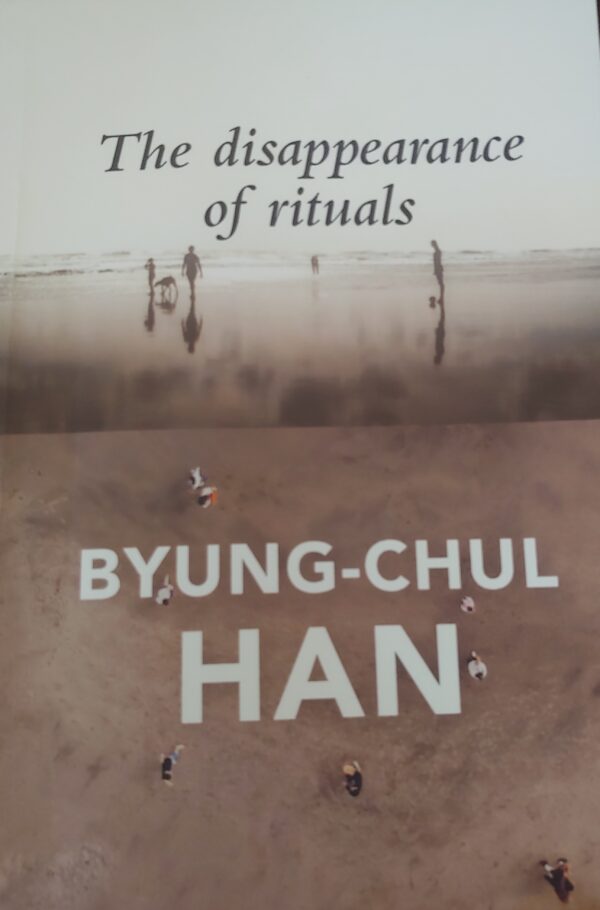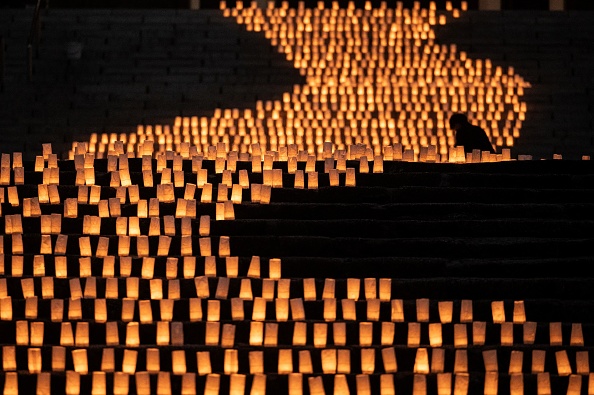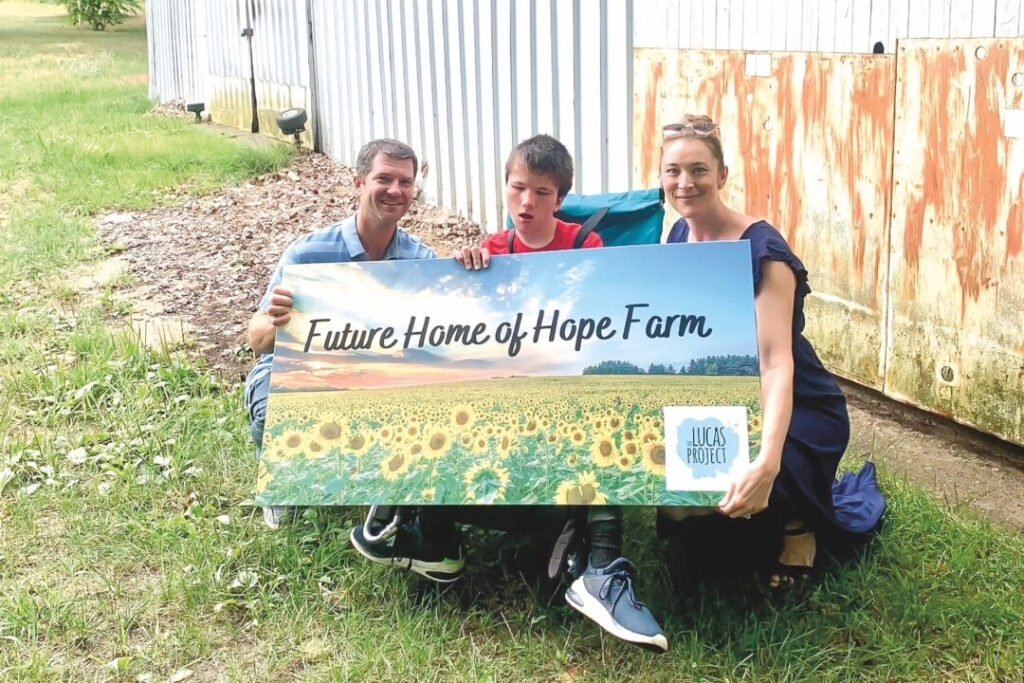We may be communicating with one another daily, but are we relating? This significant question has been asked in our society in recent years, and it needs to be addressed. Byung-Chul Han’s new book, “The Disappearance of Rituals,” makes useful and necessary philosophical distinctions that allow the reader to further contemplate man’s place in a chaotic world and possibly change not only the way we perceive the world but also to encourage creation rather than destruction.
“Rituals stabilize life,” writes Han. The repetition of rituals leads to a meaningful reflection on the events that we experience. In addition, Han notes that “every religious practice is an exercise in attention,” thus we have to find ways to take care of our souls. One of the ways to move beyond an empty state of being is to not only be aware of the spiritual problems our society is facing but also to learn again how to “linger,” or to be, mindfully, in the present moment. There are many objects that have become part of our lives (such as smartphones) that negate lingering, but it is always within our own power to choose a different path.
This path involves a firm recognition of the necessity of community, as opposed to the collective. We acknowledge our own personhood by rejecting any form of one-size-fits-all ideology, and thus humanize not only ourselves, but others as well. If society is rooted in rituals that imply permanence, then it would follow that each individual would contribute to the stability of the society as opposed to the cruel destabilization of immutable ideas that make us human. As Han writes, “We must defend an ethics of beautiful forms” against the “formless morality.”
According to Han, “rituals are symbolic acts,” and because of the dismissal of the symbols (including rituals) that hold society together, we have been engaging only in production and consumption. Han includes religion, festivals, and morality that recognize beauty and other values among rituals. Symbols rely on the recognition of something higher than ourselves, and “symbolic perception … is a perception of the permanent,” which then, in turn, stabilizes our lives. Today’s perception and use of time “lacks solid structure.”
“It is not a house but an erratic stream. It disintegrates into a mere sequence of point-like presences; it rushes off,” but symbolic rituals can make us feel as if we have found home, he writes.
The idea of home must be, in some way, related to a larger tradition. Drawing on Jewish tradition, Han notes that “Sabbath consecrates the work of creation. It is not mere idleness. Rather, it is an essential part of creation.” There is a sense of historical continuity when people are engaged in such rituals. Quoting Jewish philosopher Franz Rosenzweig, Han makes the case that the Sabbath is a “‘holiday of resting and of closely reflecting,’ a ‘holiday of completion.’” Han implies that there is a sense of creative inwardness, a reflection on our inherent dignity and humanity.
By contrast, Han notes that “festivals such as Easter, Whitsun, and Christmas are key narrative moments within an overall narrative which provides meaning and orientation.” While a ritual such as a Sabbath is exemplified by sacred silence and human interiority, a festival such as Easter is an experience of sacred utterance and human exteriority. Both, however, deal with a relationship between a singular person and a community.

Han’s book is not simply a short philosophical treatise on the loss of spiritual and embodied life. Rather, by diagnosing the ills, Han creates a space of perception and thought that might take us to a better path. By pointing out the depth and gravity of the problem, Han is not offering a prescriptive and fast solution, which would defeat the purpose and depth of rituals themselves. Rather, his incredible thoughtfulness on the interior and exterior life of an individual and a community is leading us to consider the absurdity of today’s existential entrapment.
In many ways, Han’s message is simple: We must see each other face to face again. If the human face is removed from the very notion of what it means to be a human being, then how can we expect to leave the hamster wheel of joylessness? If the human face is “canceled,” then our relationships are fundamentally changed. A free and flourishing society functions properly only when human dignity is affirmed.
One of the most important aspects of Han’s book is a simple acknowledgment that human beings are not ciphers or bits of data. Rather, to be human is to have an interior life and a soul that, like any life form, needs tending and care. Rituals—be they festivals, or of a religious nature, or simply sitting down with family and friends and sharing a meal—are a way to not only connect but to relate. Every time we engage in a ritual, we affirm that human beings are relational and that our relationships transcend the chaotic impositions of the current times.
“The Disappearance of Rituals” by Byung-Chul Han. Translated from German by Daniel Steuer. Polity Press, 2020.
Emina Melonic writes about books, films, and culture. Her work has been published in The New Criterion, Claremont Review of Books, Law and Liberty, and Splice Today, among others.













